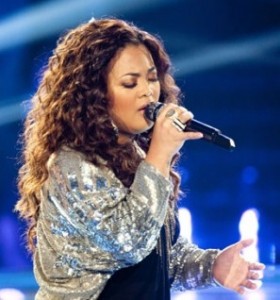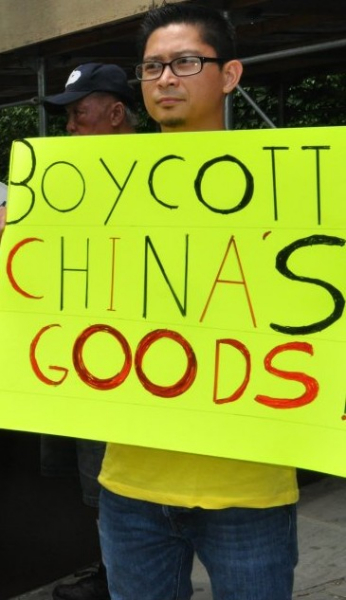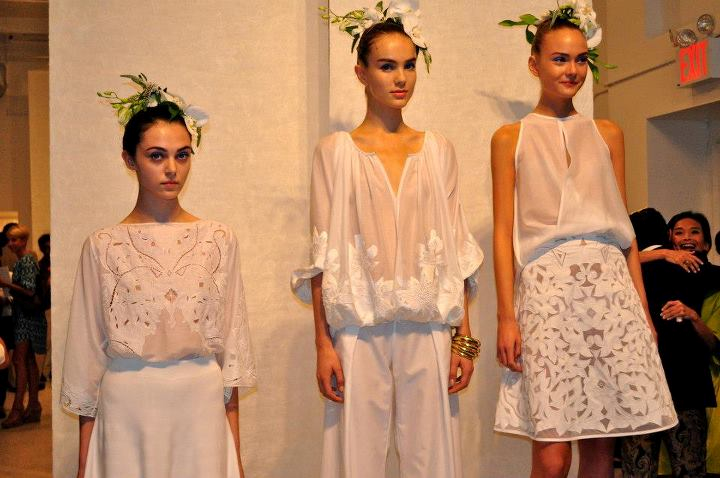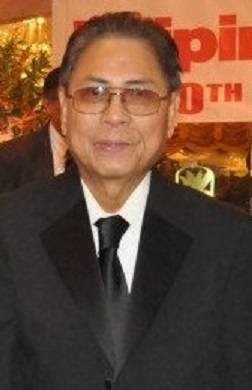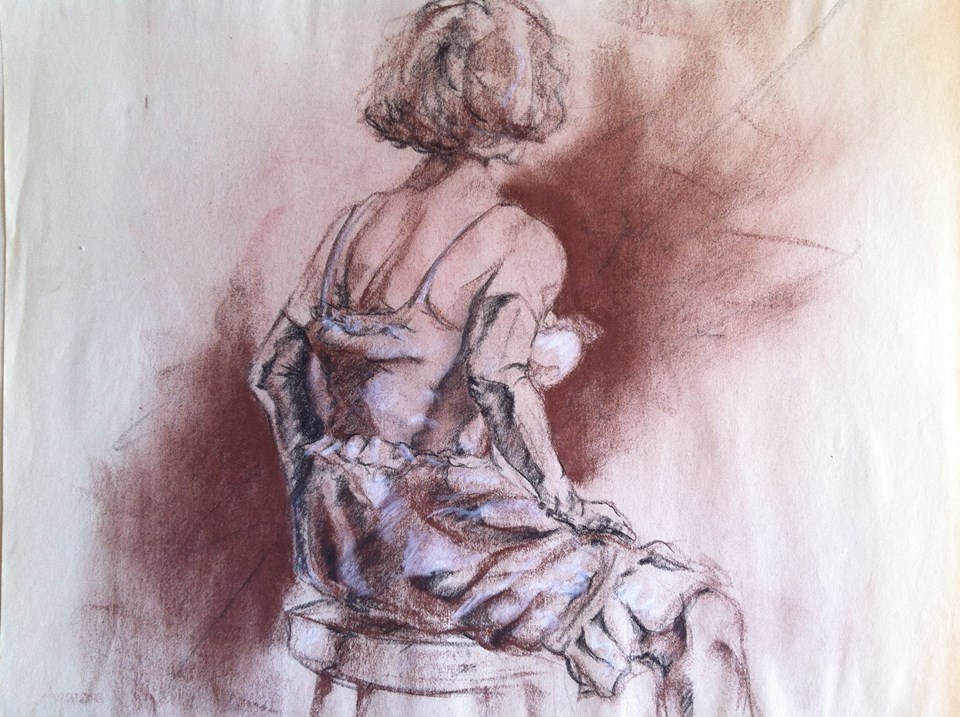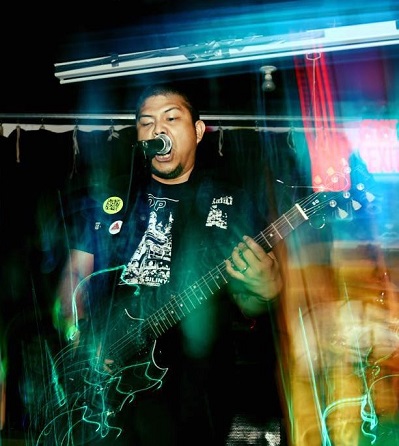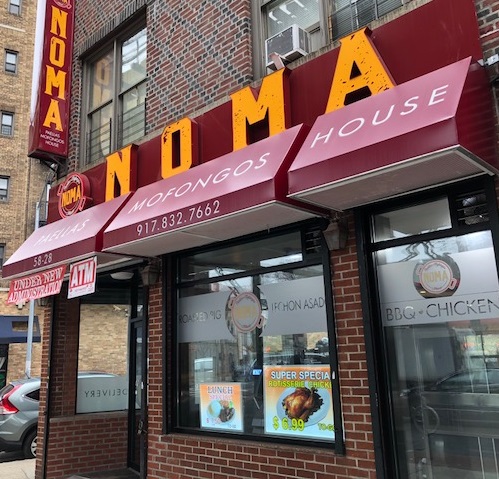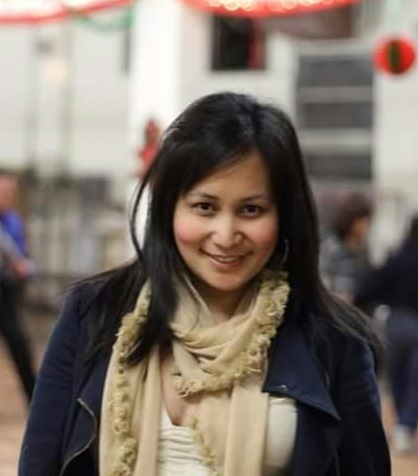Anti-gay hate crimes on the rise: a call to the community (Part 1)
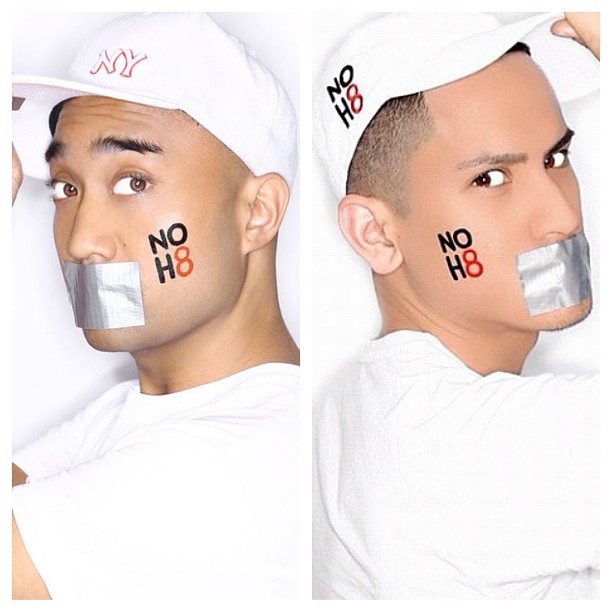
The author (left) and boyfriend RJ Mendoza of the APICHA Community Health Center with a message for all: ‘No Hate’
I first moved to New York when I was 24 years old and I was accepted into a doctoral program in psychology at Columbia University. Some college friends from my undergraduate university in Southern California were already living in New York and invited me to move in with them in a small two-bedroom apartment in the West Village.
I was a naïve Californian, who had just completed a two-year tenure in Michigan, and I didn’t really know much about my neighborhood. When I told people where I was moving, I usually said that it was where the “Friends” characters lived or where the tenth season of the “Real World” was filmed.
However, when I actually moved to the Big Apple a month later, I quickly learned that the neighborhood where I would spend the first three years of my New York life was the home of the Stonewall Inn and the mecca of the LGBTQ (lesbian, gay, bisexual, transgender, and queer) Rights Movement.
Perhaps I didn’t know much about Stonewall because I was still in the closet. While I had been living a “secret” life as a gay man for most of my life, the lingering pressures of coming from a Catholic, Filipino family prevented me from ever coming to terms with my sexual identity.
I didn’t tell many people that I was gay — not my family in California, not my family that lived off the last stop of the F-Train in Jamaica, Queens, and not even my roommates who I shared a wall with. I wasn’t ready. I was afraid I wouldn’t be accepted. I was scared that I would lose everything (and everyone) in my life.
But somehow, everything changed.
I started exploring my neighborhood and began to frequent some of the local gay bars. I began to meet all kinds of LGBTQ people -– particularly gay men, transgender women, and even a few drag queens. At least once a week, I would go to the Stonewall Inn on Christopher Street, the same place where the LGBTQ movement began over 30 years prior when a bunch of brave transgender women and gay men fought back against a police raid.
My favorite nights at Stonewall circa 2002 were the “Hip Hop Nights;” I would enter a room where a bunch of gay and queer men of color were bobbing their heads to the sounds of Biggie Smalls and Jay-Z. For the first time in my life, I felt like I belonged. I could be a person of color and gay at the same time, and it was okay.
I made several friends in the West Village, and I even met a few lovers. It felt so free and invigorating to hold another man’s hand in public for the first time in my life. I felt safe. I felt proud. It was time for me to come out of the closet.
Eleven years later, a few things have changed. First, over time, I had lived in two other LGBTQ-friendly neighborhoods in Manhattan: Hell’s Kitchen (which is adjacent to Times Square) and Chelsea (where I currently live). I graduated from my Ph.D. program, wrote a few books, and eventually became a tenured professor. And most importantly, I finally met the love of my life, and we have been unofficially living together for the past nine months. I plan on marrying him someday and I am proud to be a resident of a state where that would be legal.
However, lately, I haven’t been so proud of my state or my city.
In the past three weeks, there have been a string of hate crimes against gay men in Manhattan, and one resulted in death. On May 5th, a gay couple was attacked in broad daylight outside of Madison Square Garden, right after a New York Knicks game, while a different gay couple was assaulted a few days later, a few blocks away. A gay man was attacked while leaving a bar in the West Village, and another gay man in Union Square was punched in the face and robbed. With all of these incidents, the assailants were heard yelling homophobic slurs, right before — and while — they assaulted their victims.
Next: ‘I don’t want to feel unsafe again…and go back into the closet’
Dr. Kevin Nadal is an associate professor at John Jay College of Criminal Justice. His second book, “That’s So Gay: Microaggressions and the LGBT Community,” was published in February.

